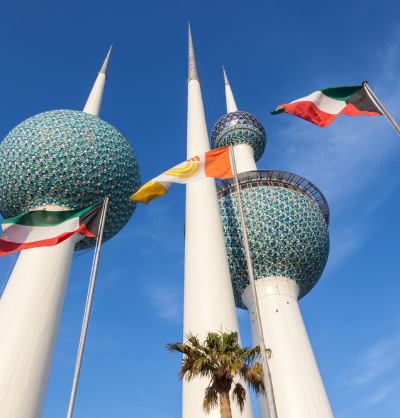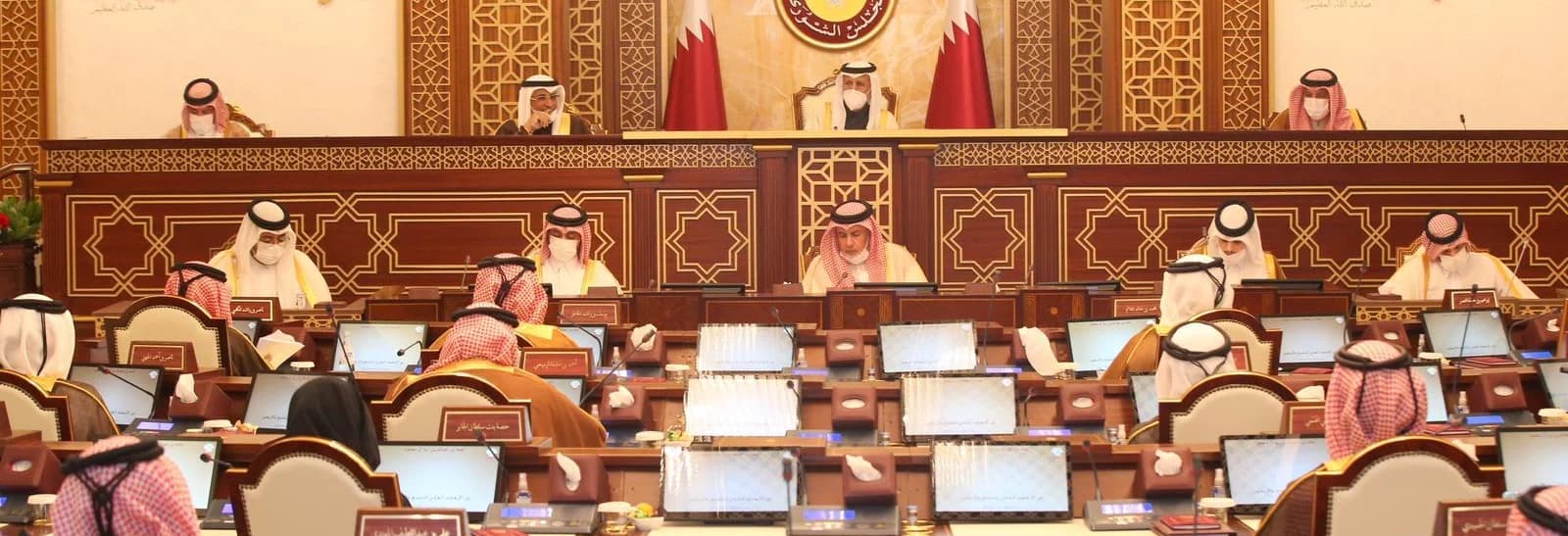On 14 December 2021, the leaders of the Gulf Cooperation Council (GCC) gathered in Riyadh for the 42nd Summit of the GCC Supreme Council. Against the backdrop of growing international turbulence and the continuing global pandemic, the Riyadh Summit was notable. This short work provides a snapshot of the GCC’s direction and what it means for Europe.
Importantly, this was the first post-reconciliation Summit and the second Summit held in Saudi Arabia this year after the historic Al-‘Ula meeting in January. It was also the second to be chaired by Saudi Arabia’s Crown Prince Mohammed bin Salman Al-Saud (MBS), Deputy Prime Minister and Minister of Defence, on behalf of King Salman bin Abdulaziz Al-Saud. Preceded by his tour of Saudi Arabia’s five GCC neighbours, MBS’ increased activities on the bloc level indicates his deepening interest in further enhancing regional stability and collective action. Given that even a year ago the GCC’s future was in doubt, this meeting is largely understood as breathing new strategic life into the bloc. This is evidenced by the high level attendance of GCC leaders which included: Bahrain’s King Hamad bin Isa Al-Khalifa, Kuwait’s Crown Prince Mishal Al-Ahmad Al-Jaber Al-Sabah (who temporarily assumed some of the Emir’s powers due to illness), Oman’s Deputy Prime Minister for Cabinet Affairs, Fahd bin Mahmoud Al-Said, (the Sultan was visiting the United Kingdom), Qatar’s Emir Tamim bin Hamad Al-Thani and UAE Vice President and Prime Minister, Minister of Defence, Ruler of Dubai, Mohammed bin Rashid Al-Maktoum. The bloc was represented by GCC Secretary-General, Nayef Falah Mubarak Al-Hajraf.
In terms of content, the Riyadh Summit built on the goals outlined during the 2015 and 2021 (re: Al-Ula) meetings and included key initiatives such as: fulfilling the 2003 Customs Union, finalising the 2008 Common Market, constructing an intra-GCC Railway, developing a common water strategy, plan for the prevention of non-infectious diseases and creating the Gulf Center for Disease Prevention and Control, launching the Unified Military Command and advancing military integration, unifying foreign policies, and establishing the GCC Police (GCCPOL) headquarters in Abu Dhabi. Most of these initiatives were frozen during the 2017-2021 GCC crisis. The Riyadh Summit represented an opportunity to revive those efforts, create a closer bloc and work towards collective security and economic development. Unity will be the central pillar in consolidating the GCC’s international position amid heightened uncertainty given the increasingly complex international environment more and more defined by US-China-Russia rivalry, reflective polarisation and unresolved regional conflicts in Yemen and Iraq, while Iran continues its missile and nuclear enrichment programmes. Despite this, the Summit was held in a positive atmosphere—driven by progress in reconciliation between Qatar and the UAE/Saudi Arabia. Sure, other issues need to be resolved and intense efforts continue to be undertaken to rehabilitate Bahrain-Qatar relations. This is a necessary first step in fulfilling the lofty goals of the bloc.
During the Summit, GCC leaders reemphasised the importance of finalising economic integration by 2025—a date set in reference to their national socio-economic Visions and the 2030 United Nations Sustainable Development Goals (SDGs). Economically, the focus will be on localising Gulf capital and integrating industries. Energy, food and water security projects are also key. The private sector and coming-of-age youth will shape the economic transformation. The GCC also plans to finalise free trade agreements and activate strategic dialogues with other countries and organisations.
Regarding security, GCC leaders reaffirmed their solidarity and promised to activate a collective defence approach to counter challenges noting, succinctly, that an ‘attack against any of the GCC states is an attack on all of them. Any danger that threatens one of them threatens all of them.’
This declaration is being practically reinforced and progress has been made in enhancing strategic interdependence. For instance, the recent inauguration of a Unified Military Command and the upcoming Gulf Security 3 joint exercise in Saudi Arabia’s Eastern Region stand in testament to a more integrated security system in the bloc. Recognising the indivisibility of their internal security, the GCC members will also continue to collaborate on home affairs: building on their previous experience in fighting organised crime, drug smuggling and boosting border security.
A pledge was also made to work towards a unified and effective foreign policy with emphasis placed on the Iran nuclear file. This will require deploying the GCC mechanisms for coordinating conflict prevention approaches. Attention was also paid to climate change and sustainability, the circular carbon economy approach championed by Saudi Arabia, the role of women, cyber-security, digital transformation, and the pandemic. Concerning regional affairs, GCC leaders renewed their support for a political solution in Yemen, the formation of a new Iraqi government and called on the international community to support the legitimate rights of the Palestinian people, provide humanitarian aid to the Afghan people and prevent Afghanistan from becoming a terrorist safe haven.
Despite some unresolved differences between GCC members there have been serious steps to consolidate the bloc, most recently: the new GCC Unified Military Command Headquarters was opened in Riyadh, the first direct border crossing between Oman and Saudi Arabia was opened, and plans for a GCC unified industrial strategy and integrated industrial system were announced. But boosting intra-GCC cooperation does not necessarily eliminate competition between its members. The 42nd GCC Summit sought to address this and emphasised solidifying the GCC’s position, recognising common goals, interdependence and cooperation.
With such a clear institutional renewal underway in the GCC, it is also important to present a few policy options that may be adopted by the EU and UK in relation to the Gulf. The GCC offers the best chance for economic and political stabilisation of the wider Middle East and its members remain long-term strategic allies the EU (and its members), the UK and of NATO. In this way, it is more than an interest but a prerogative to deepen the intra-regional (Euro-Gulf) lines of communication and platforms of collaboration.
This work recommends:
- A bloc-to-bloc dialogue mechanism—as a first step to end the practise of the EU and UK prioritising bilateral relations and rather treat the GCC as a bloc to prevent reinforcing fractures and developing policy equality. Given the EU’s (UK as well) wealth of experience in integration projects, there are levers of dialogue that could be pulled in order to support the GCC’s own, unique, integration process and enhance inter-regional relations.
- Prioritise free trade—the EU and UK should recommence free trade negotiations with the GCC at the earliest possible date given the Riyadh Summit’s emphasis on economic liberalisation and working at free trade arrangements internationally. A general EU/UK support for GCC countries’ private sector and their work at developing favourable environment for investors should also be emphasised.
- Open a real, functional security dialogue—so that both the EU/UK and GCC understand — in a transparent manner — each others security sensitivities. If, for instance, the EU/UK continue to support the Joint Comprehensive Plan of Action (JCPOA) without consideration for the GCC’s legitimate concerns it is likely that misunderstandings will be compounded and cooperation opportunities missed. Information exchanges between relevant intelligence and law enforcement agencies, coupled with high-level military information exchanges, must therefore be prioritised.








